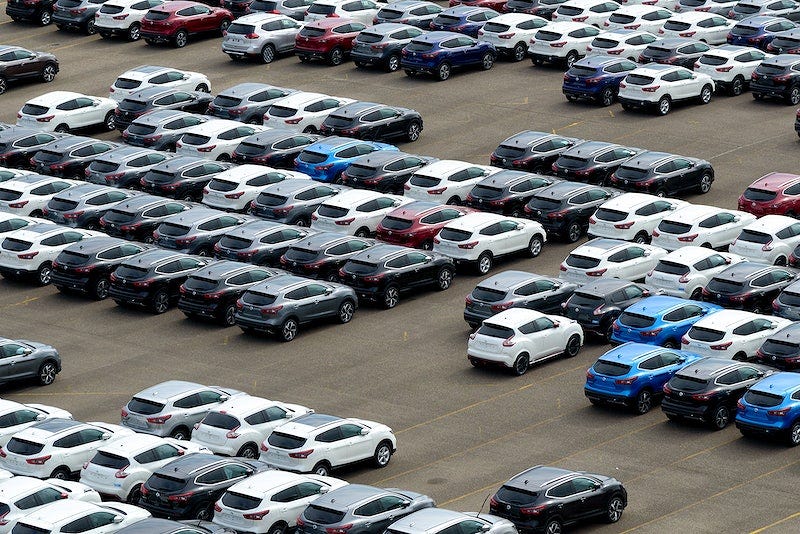|
Getting your Trinity Audio player ready...
|
The most recent data released by the State Bank of Pakistan (SBP) reveals a continuous Auto Loan Slump, marking the 18th consecutive month of decrease.
As of December 2023, the outstanding auto loans amounted to Rs251 billion, indicating a decline from Rs257 billion in November and a substantial drop from the Rs337 billion recorded in December 2022.
This signifies a month-on-month decrease of 2.3 percent and a year-on-year drop of 25.5 percent.
Over the past 18 months since June 2022, there has been a total reduction of Rs117 billion in auto loans, a significant contrast from the Rs368 billion figure recorded 18 months ago.
Experts attribute this decline to various factors, including the high cost of vehicles, increased markup rates, and changes in the regulations of the State Bank. Nevertheless, there is optimism that the situation might improve in the next three months.
Mohammed Sohail, CEO of Topline Securities, believes that a reduction in interest rates could potentially revive sales, emphasizing that the current sales slump is a result of high vehicle prices and leasing rates.
Data from the Pakistan Automotive Manufacturers Association (PAMA) indicates a sharp contraction in vehicle sales, with car sales dropping to 30,662 units in the first half of FY24 from 68,912 units in the same period of FY23. Similarly, sales of light commercial vehicles (LCVs), vans, and pickups nearly halved to 8,442 units from 15,204.
Multiple factors have contributed to the decreased demand for automobiles, such as a 22 percent interest rate, a significant increase in vehicle prices, restrictions on auto loans exceeding Rs3 million, and a reduction in the payment duration.
Moreover, restrictions on opening letters of credit (LCs) due to the foreign exchange crisis have disrupted production, resulting in frequent plant shutdowns by auto assemblers because of shortages of imported parts and accessories.
Despite these challenges, there are signs of improvement, as the SBP has eased import restrictions on auto parts. This has led to increased imports of completely knocked down (CKD) kits, reaching $72 million in November 2023 and $104 million in December 2023, up from just $23 million in October 2023. This uptick signals a degree of recovery in local vehicle assembly in the current month.
Companies like Indus Motor Company (IMC) have resumed production activities after a shutdown due to parts shortage. Similarly, Pak Suzuki Motor Company Ltd (PSMCL) and Honda Atlas Cars Ltd (HACL) have also resumed operations after temporary suspensions.

